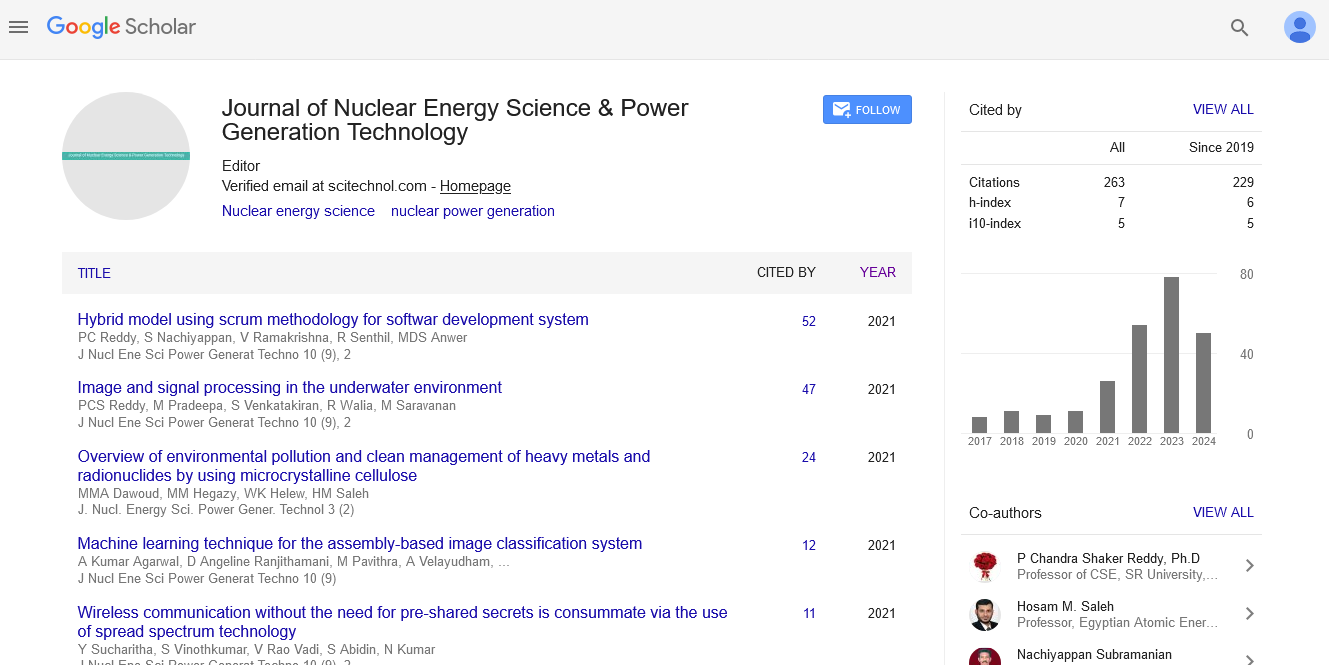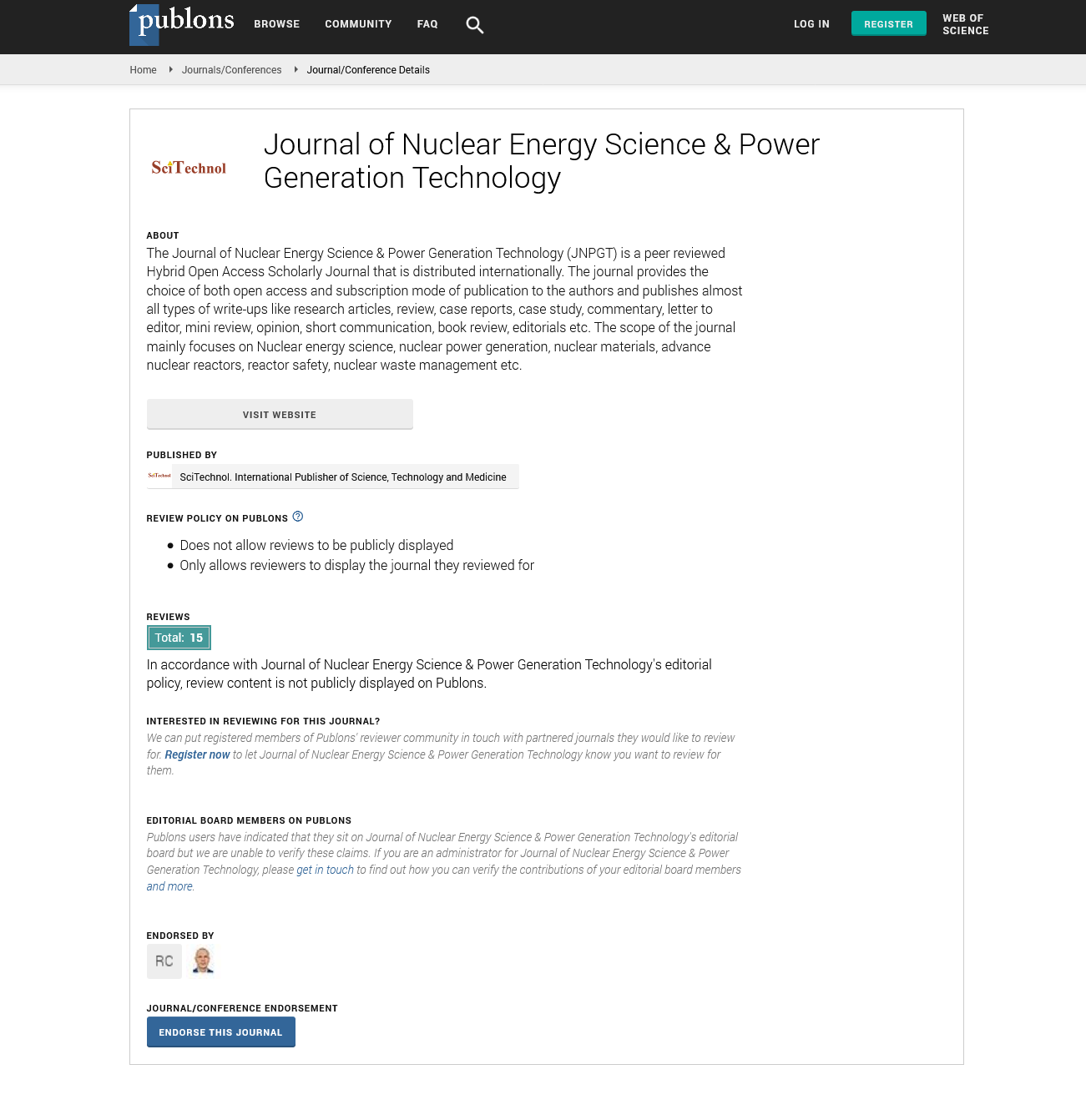Low carbon fuel standards: Implications for alternative fuels market development and GHG emissions
Eric Lundin
Global Biofuels Practice, USA
: J Nucl Ene Sci Power Generat Technol
Abstract
Low carbon fuel standards, regulations that set a target for the percentage reduction in the average carbon intensity of transportation fuel below a certain baseline level, have been put in place in an increasing number of markets in North America and Europe, and have begun to significantly impact supply/demand of alternative fuels, transportation types, and even trade flows. This presentation will leverage Stratas Advisors’ modeling capabilities and experience in market and regulatory analysis to examine the impacts of these low carbon fuel standards on fuels markets, especially with respect to ethanol, biodiesel, and other biofuels. The presentation will focus on the California Low Carbon Fuel Standard (LCFS) as the primary example, though it will also study the implementation and impacts of the similar fuel regulations in Germany and the proposed regulations in Brazil and Canada. The growth of the various fuels used in the major markets will be reviewed, along with the types of technologies incentivized by the standards. The economic incentives (e.g. market prices implied by LCFS credit levels) for the major alternative fuel types will also be discussed alongside the substantial impacts on biofuel trade flows, such as key export flows from Asia to North America and the EU. With growing interest in low carbon fuel standard-style regulations in a number of countries, the effectiveness of these regulations will also be examined in terms of their estimated reductions of GHG emissions following implementation. The final portion of the presentation will include a look at implications for the establishment of future regulations, and the medium-term outlook for impacts on alternative fuels development in each of the key markets and their trading partners.
Biography
E-mail: ealundin@gmail.com
 Spanish
Spanish  Chinese
Chinese  Russian
Russian  German
German  French
French  Japanese
Japanese  Portuguese
Portuguese  Hindi
Hindi 

